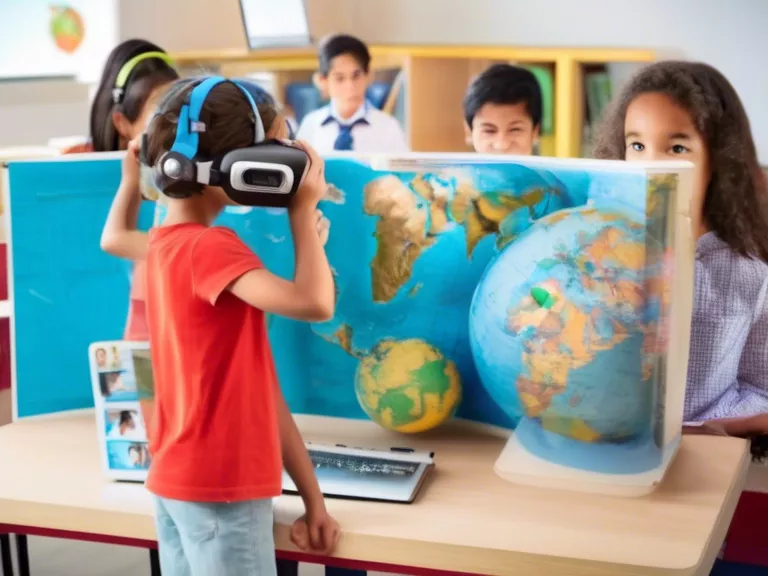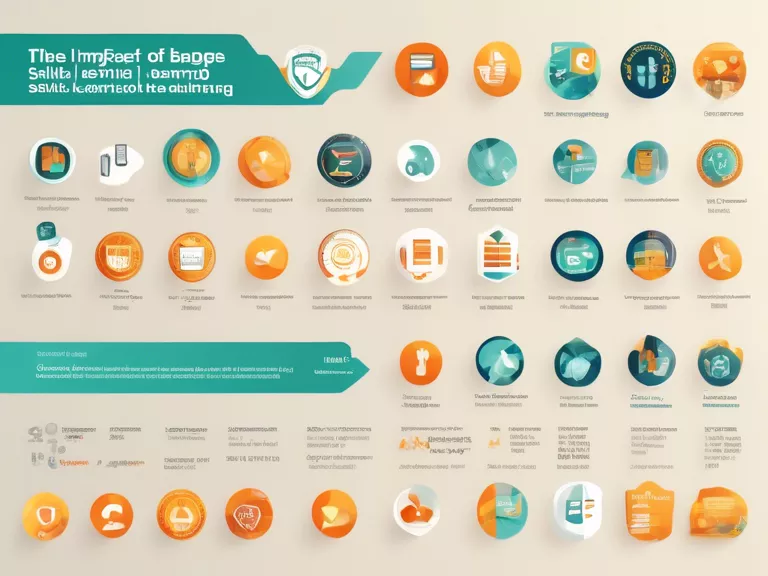
Artificial Intelligence (AI) is revolutionizing education by assisting teachers with classroom management and grading. With the help of AI, educators can automate routine tasks, identify struggling students, and provide personalized feedback.
One of the main challenges for teachers is managing a classroom full of students with different learning styles and abilities. AI can help by analyzing student behavior and engagement levels to better understand their needs. By tracking students' progress and performance, AI algorithms can provide insights to teachers on how to modify their teaching methods to suit individual students.
When it comes to grading assignments and tests, AI can save teachers a significant amount of time. By using machine learning algorithms, AI can quickly evaluate multiple-choice questions, essays, and even code submissions. This allows teachers to focus on providing valuable feedback to students rather than spending hours grading papers.
AI can also assist in identifying students who may be struggling academically. By analyzing data such as test scores, attendance records, and behavior patterns, AI algorithms can pinpoint students who may need extra help. This information can help teachers intervene early and provide the necessary support to ensure all students are successful.
Additionally, AI-powered tools can help teachers create personalized learning experiences for students. By analyzing student data and preferences, AI can recommend specific resources, assignments, and activities that cater to each student's unique needs. This personalized approach can help students stay engaged and motivated to learn.
In conclusion, AI is proving to be a valuable tool for teachers in the classroom. By automating routine tasks, providing insights on student performance, and enabling personalized learning experiences, AI is transforming the way educators teach and engage with their students.



